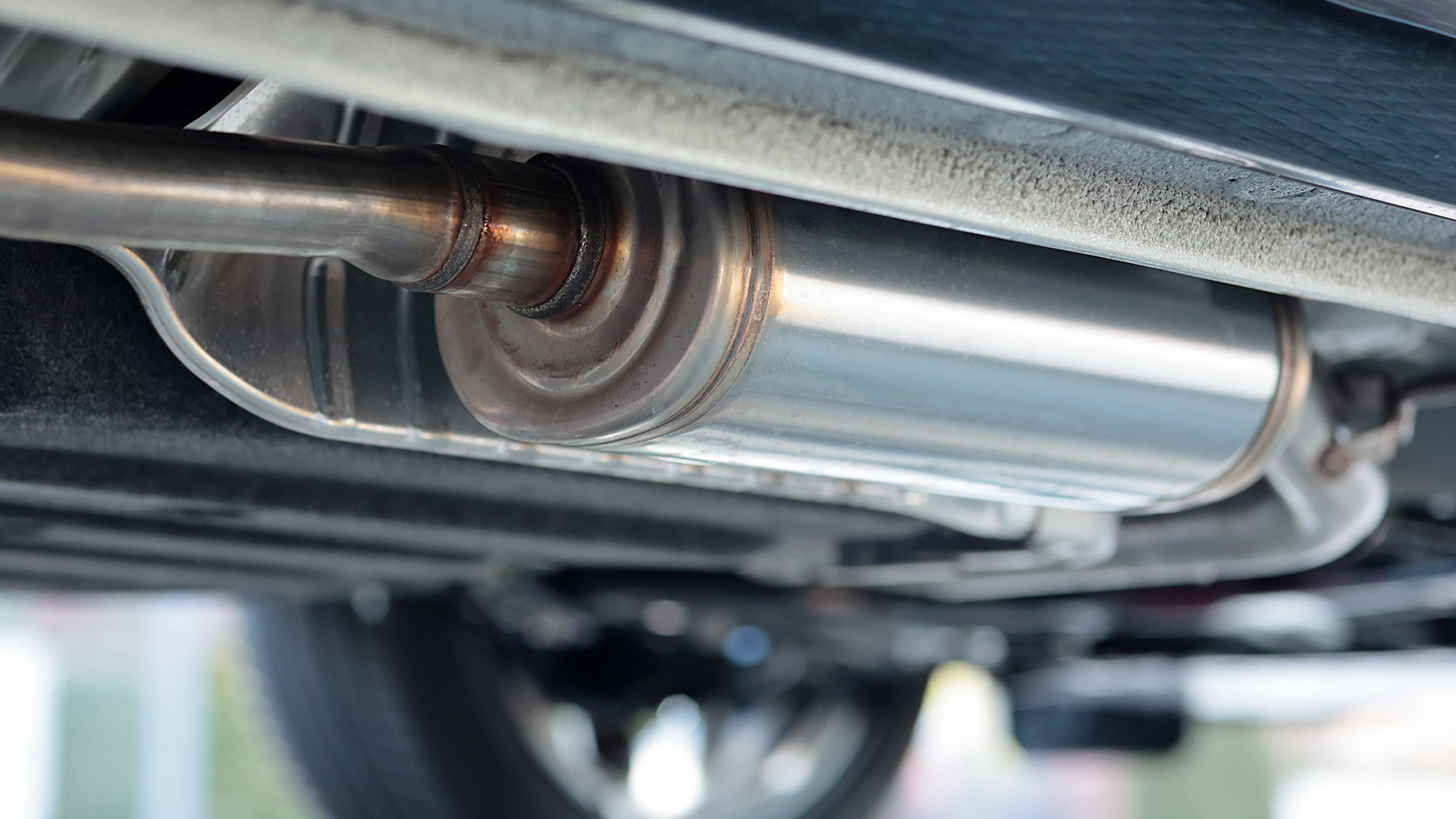[ad_1]

An Oregon police department seized upwards of 3,000 stolen catalytic converters after busting an organized crime ring that allegedly made millions trafficking the car parts.
The Beaverton Police Department made the bust after a months-long investigation into catalytic converter thefts occurring up and down the West Coast.
According to police, 14 of those involved in trafficking the items — including two alleged ringleaders and 12 accomplices — were indicted by a grand jury in Washington County on aggravated theft, racketeering and money laundering charges. The defendants are accused of trafficking over 44,000 stolen catalytic converters since January, with an estimated street value of $22 million.
Catalytic converters are exhaust emission control devices on vehicles that are made up of a variety of precious metals. Thieves sell the stolen devices at scrapyards that recycle the parts and extract the valuable metals.
According to Beaverton Interim Police Chief Stacy Jepson, the investigation began around a year ago after police arrested 32-year-old Tanner Lee Hellbusch, who was pulled over while transporting 100 stolen catalytic converters in his vehicle that were worth around $80,000 on the black market.
Detectives later discovered that Hellbush ran an illegal fencing operation that posed as a legitimate business buying and selling the parts.
The arrest ultimately led investigators to the leader of the crime ring, 32-year-old Lake Oswego resident Brennan Patrick Doyle. Police arrested Doyle at a rented lakefront house on Lake Oswego after searching eight locations. There, they discovered 3,000 catalytic converters, hundreds of thousands of dollars in cash, jewelry and an expensive car.
“The defendants in this case were living a nice life,” Beaverton Police Officer Matt Henderson said.
Catalytic converter theft has been on the rise across the country due to the increase in the price of precious metals like rhodium, platinum and palladium, which are found in the devices. Police estimate that catalytic converters are typically sold for $150 to $300 in cash on the black market, but the value of the metals extracted from a single device at a refinery can be worth around $800.
Officials say that although the operation was based in the Portland area, the stolen converters were likely were sourced from a multitude of Oregon counties, as well as counties in Washington, Nevada, California, Texas and New York.
“Patience has allowed us to take this organization down instead of just scratching the surface,” Jepson said.
The investigation is ongoing, but police say the crime ring is larger than they initially expected. Hundreds are believed to be involved in the network that shipped boxes of converters across the country and even internationally.
“This business was turning millions of dollars’ worth of profit in catalytic converters,” Henderson said. “You need an organization and multiple people to do that.”
Henderson added that the police department is thinking about ways they can give the money from the seized converters back to the community.
Doyle, who had no previous criminal record, has since been charged with 69 counts of aggravated theft.
Washington County District Attorney Kevin Barton hopes the bust will make residents feel safer. “That means feeling safe when you walk down the street, knowing your kids will be safe when you drop them off at school and believing that when you park your car, it will be there when you get back with its catalytic converter,” he said.
Police across the country have been cracking down on catalytic converter theft over the past year. The Phoenix Police Department, for example, made a significant catalytic converter trafficking bust back in June when it seized over 1,000 converters.
[ad_2]




